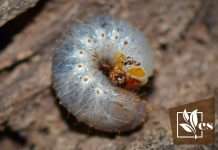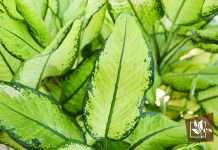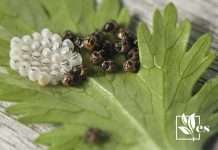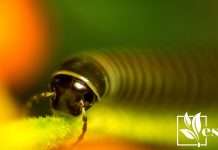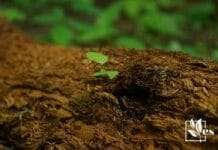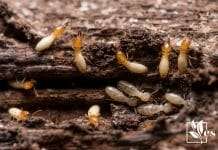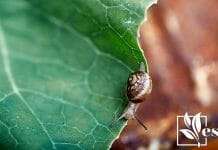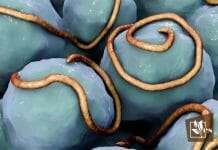As a gardening enthusiast who closely observes the interactions within the ecosystem, I’ve noticed a fascinating relationship between wasps and aphids. Wasps are often seen in gardens, and it’s common to wonder if they play a role in controlling aphid populations, which are known pests to gardeners. Indeed, multiple types of wasps feed on aphids, contributing to natural pest control.
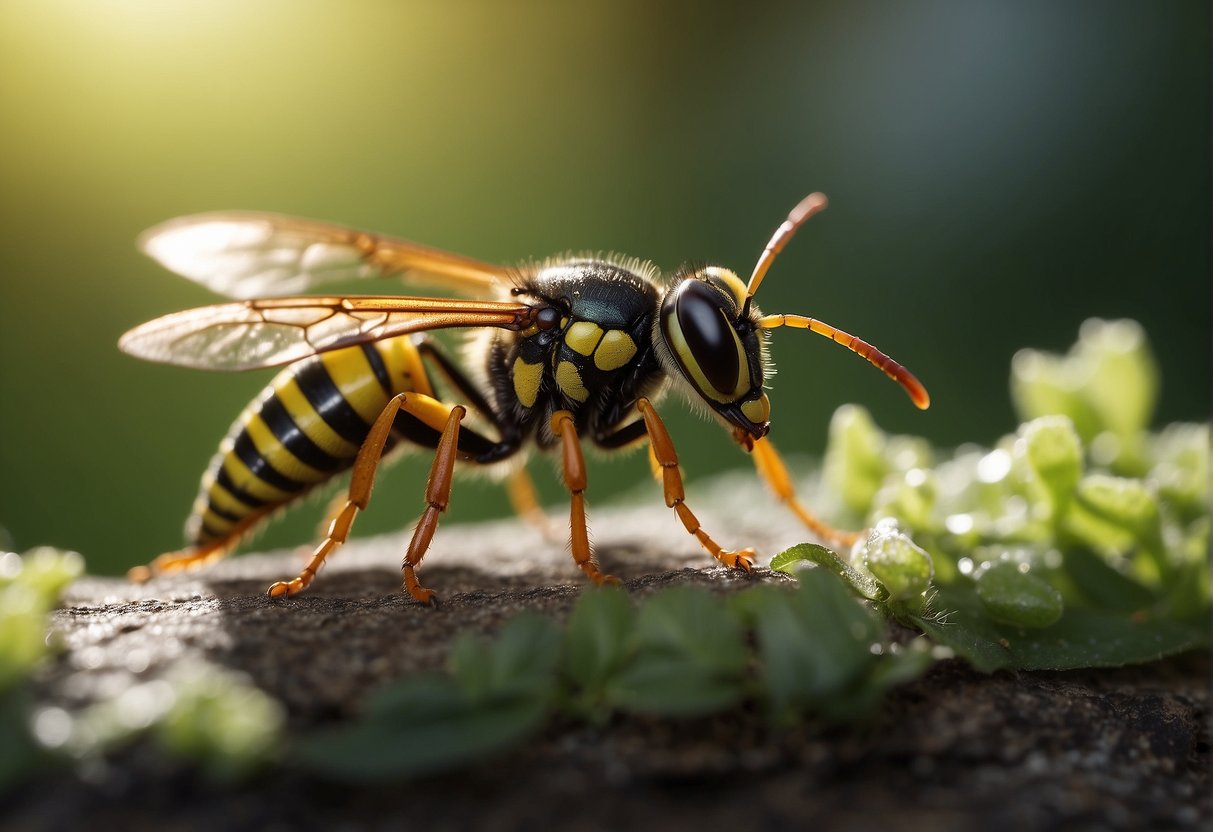
Yes, some wasps do eat aphids. This includes social wasps like yellowjackets and paper wasps, who consume aphids as part of their diet.
Environmental balance is key in a garden, and wasps contribute to this balance by preying on aphids and other pests that can damage plants. While social wasps prey on them directly, parasitic wasps have a different approach. They lay their eggs inside aphids, providing a food source for their emerging larvae. Both behaviors demonstrate the importance of wasps in maintaining the health of a garden ecosystem.
Apart from their role as predators, some wasp species also follow aphids to feed on the sweet honeydew they produce. This interesting dynamic shows that the relationship between wasps and aphids can be complex, with intertwined benefits and detriments. Acknowledging these interactions encourages me to appreciate the intricacies of nature and understand the delicate balance within my own garden.
JUMP TO TOPIC
Identifying Common Garden Insects and Their Roles
In my experience with gardening, understanding the interactions between plants and insects is crucial for maintaining a healthy garden ecosystem. Knowing which insects benefit plant health can guide natural pest control methods.
Aphids and Their Impact on Plant Health
Aphids pose a significant threat to plants, as these small, sap-sucking insects can cause damage by weakening the plant and potentially transmitting diseases. Aphid infestations often result in curled or distorted leaves, stunted growth, and a reduction in the plant’s overall vigor.
Beneficial Insects: Predators in the Garden
Beneficial insects are essential allies in controlling aphid populations. Aphid predators such as ladybugs (lady beetles), lacewings, hoverflies, and parasitic wasps play a pivotal role in maintaining aphid numbers. These predators consume aphids directly, while parasitoids like certain wasp species lay their eggs inside or on the aphids, with their larvae consuming the aphids from within upon hatching.
The Lifecycle and Importance of Bees and Wasps
Bees and wasps are integral to garden health, not only as pollinators but also as pest controllers. Wasps, including species such as yellowjackets and paper wasps, feed on a variety of garden pests including aphids. Wasps will usually not sting unless their nests are disturbed or when they feel threatened. Their lifecycle contributes to the balance of the ecosystem by controlling pest populations and facilitating pollination.
Yes, wasps do eat aphids, serving as natural pest controllers in the garden.
Do Wasps Eat Aphids?
In the struggle to maintain a healthy garden, I’ve learned that the choices we make regarding pest control can have a profound impact on both pest and predator populations. Below, I discuss the implications of using chemical pesticides compared to natural solutions, such as encouraging wasp populations that feed on aphids.
The Impact of Pesticides on Garden Health
Chemical pesticides are a double-edged sword. While providing immediate results by killing aphids, they can indiscriminately harm beneficial insects and alter the garden’s ecological balance. Over time, pesticide use can degrade soil quality, leading to less resilient plant life. As a gardener, I have noticed that an organic approach is often more conducive to long-term garden health.
I emphasize the importance of keeping a balance in nature, as pesticides can disrupt this balance, leading to reliance on chemicals rather than natural, sustainable methods.
Natural Predatory Solutions and Attractants
Understanding wasps’ role as natural predators is essential. Many species of wasps, including parasitoid wasps like Aphidius, are voracious aphid eaters and contribute significantly to biological control. They are an integral part of maintaining the equilibrium in my garden. I attract these wasps by avoiding broad-spectrum pesticides and providing a habitat that supports their life cycle.
Bullet Point Summary:
- Neem oil: an organic alternative that targets specific pests without harming beneficial insects like wasps.
- Wasps as aphid predators: encouraging wasps can reduce aphid populations naturally.
- Natural balance: fostering a garden environment where predator and prey can coexist brings lasting benefits.
- Attracting beneficial insects: planting flowers and herbs that attract wasps and other helpful species aids in organic pest control.
Maintaining a garden without disrupting the natural order can be a delicate but rewarding task, and integrating natural predators like wasps is an effective strategy that aligns with my values of responsible, sustainable gardening.
Seasonal Behavior of Garden Insects and Their Control
In this section, we’ll discuss how the changing seasons affect the lifecycle of garden insects and the implications for pest control. Our focus will include specific stages of insect development and the impact of temperature on their behavior.
Lifecycle Changes: From Eggs to Adults
Insects, like many garden residents, undergo significant lifecycle transformations. For instance, the start of spring signals many species of wasps to begin nest building, which is crucial for the future larvae. These nests, often constructed from wood pulp, house the eggs laid by the queen which will hatch into larvae. As a gardener, I recognize this period as a critical window for controlling pest populations, as many of these larvae feed on various garden pests, including aphids.
| Stage | Description | Control Method |
|---|---|---|
| Eggs | Laid in early spring | Monitor and encourage beneficial insects |
| Larvae | Feed on pests like aphids | Minimize use of broad-spectrum insecticides |
| Pupate | Transform into adults | Provide safe habitats for pupation |
How Temperature Influences Insect Activity
Temperature plays a defining role in the activity levels and survival strategies of garden insects. Many insects, including certain wasp species in colder parts of the UK, will hibernate or dramatically slow their metabolism during winter to survive the lack of available food and freezing temperatures. As temperatures rise with the onset of spring, these insects become more active.
💥 Key Fact: Increased temperatures accelerate insect metabolism and reproductive cycles, leading to a higher demand for food sources like aphids.
To control these seasonal pests effectively, I keep close track of temperature shifts, especially during early spring when beneficial insects become active. Creating a garden environment that supports pollinating insects and small predators like soldier beetles can naturally limit pest populations as temperature cues insect activity.
Enhancing Biodiversity for a Healthier Garden
As a gardener, I’ve learned that a diverse ecosystem is crucial to maintaining a healthy garden. By encouraging a rich variety of life, I’ve seen firsthand how beneficial insects can thrive and keep pest populations, like aphids, in check. Here’s how I foster such an environment.
Creating Habitats for Insect Diversity
Creating an inviting space for insects is a cornerstone of ecological gardening. I aim for a mix of plants that flower at different times, providing a constant food source for pollinators. Here’s a brief overview of what I do:
-
Plant diversity: I plant native and flowering species that are known to attract beneficial insects.
-
Shelters: Leaving leaf litter, logs, and rocks around my garden creates hiding spots and breeding grounds for insects.
The Balance Between Insects and Plant Life
A balanced garden ecosystem is essential. I carefully consider the interaction between insects and plants to ensure a stable food web. To strike this balance:
-
Introduce aphid predators: By attracting or introducing aphid predators like lady beetles and lacewings, I ensure that aphid numbers remain low without my intervention.
-
Avoid pesticides: I avoid chemical pesticides, as they can harm the beneficial insects that contribute to my garden’s health.
💥 In my experience, a garden teeming with various species is resilient and less likely to succumb to pests and diseases.
By maintaining plant-insect harmony, my garden supports a vital food chain and ecosystem that rewards me with healthier plants and a thriving vegetable and flower garden.


